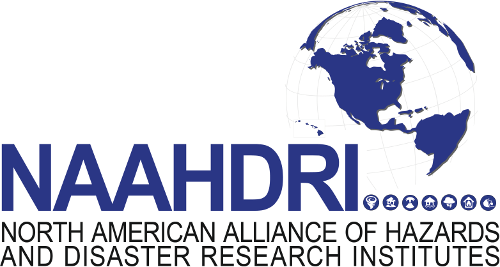Board of Directors
The NAAHDRI Board of Directors consists of elected members who represent the member centers, institutes, and laboratories of NAAHDRI. NAAHDRI’s current Board of Directors includes:

Grace Yan, Chair of the Board, 2021-2025 is Professor in the Department of Civil, Architectural, and Environmental Engineering of Missouri University of Science and Technology. She is the Director of the Center for Hazard Mitigation and Community Resilience, where 35 faculty members from 12 departments are affiliated. She is also the Director of the Wind Hazard Mitigation (WHAM) Laboratory that is home to the largest tornado simulator of its type in the world. She has been leading interdisciplinary and transdisciplinary research teams in addressing community resilience under a changing climate from different perspectives. She has published more than 150 refereed journal articles and conference papers. She has also secured 33 research grants, with the total amount of more than $26M, from NSF, NOAA, DOT, NASA, and other agencies. Her research involves engineering numerical and experimental simulations for natural hazards (e.g., tornadoes, hurricanes, storm surge and floods, etc.); she also investigates hazard impacts on the built environment and studies the vulnerability of communities to natural hazards. She is an ASCE Fellow.
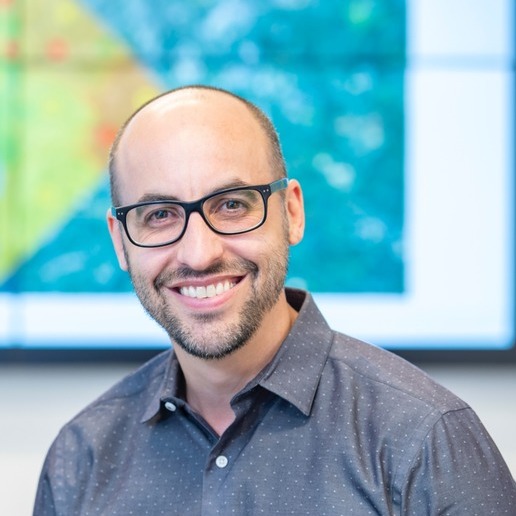
Jeff Freeman is Director and Special Assistant to the President for the National Center for Disaster Medicine and Public Health. As Director of the National Center, Dr. Freeman leads the National Joint Research and Education Program in Disaster Medicine for all executive departments. Dr. Freeman comes to the National Center from MIT Lincoln Laboratory where he worked in the Biotechnology and Human Systems Division Office. Prior to MIT, Dr. Freeman was at the Johns Hopkins Applied Physics Laboratory where he established the Prevention, Preparedness, and Response Program. He also created the Johns Hopkins Disaster Response Corps, which mobilizes scientists, engineers, and technology in support of the nation’s response to disasters. Throughout his career, Dr. Freeman has led hundreds of scientists supporting responses to pandemics, including COVID-19, Mpox, and Ebola, as well as responses to violent conflicts, natural hazards, and other health emergencies.
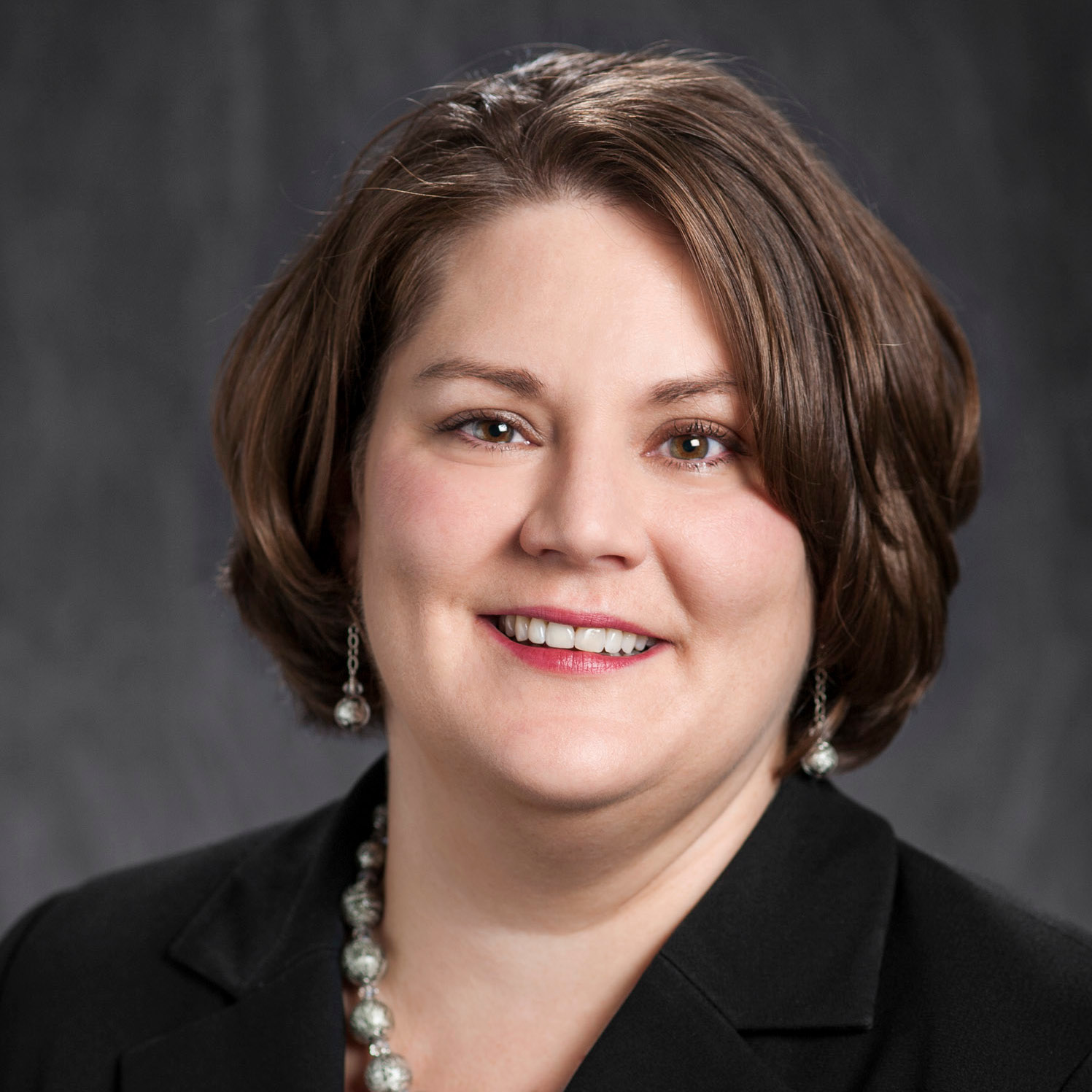
Carol Friedland is the Director of the LaHouse Resource Center at the Louisiana State University Agricultural Center. LaHouse is an educational resource center for citizens and professionals promoting resilient, sustainable, and healthy homes and communities. Her research focuses on resilient and sustainable housing, disaster loss estimation, post-disaster damage assessment, hazard mitigation planning, and mitigation decision-making. She serves on the ASCE 24 Flood Resistant Design and Construction committee and the ASCE 7 Flood Loads subcommittee. She has been engaged in wind and flood research for nearly 20 years, first focusing on damage assessment after hurricanes, floods, and tornadoes. Most recently, her research efforts focus on life cycle cost effectiveness of design and construction decisions that serve to increase resilience, along with partnerships with social scientists to identify social and policy issues that impede resilient standard/code adoption.
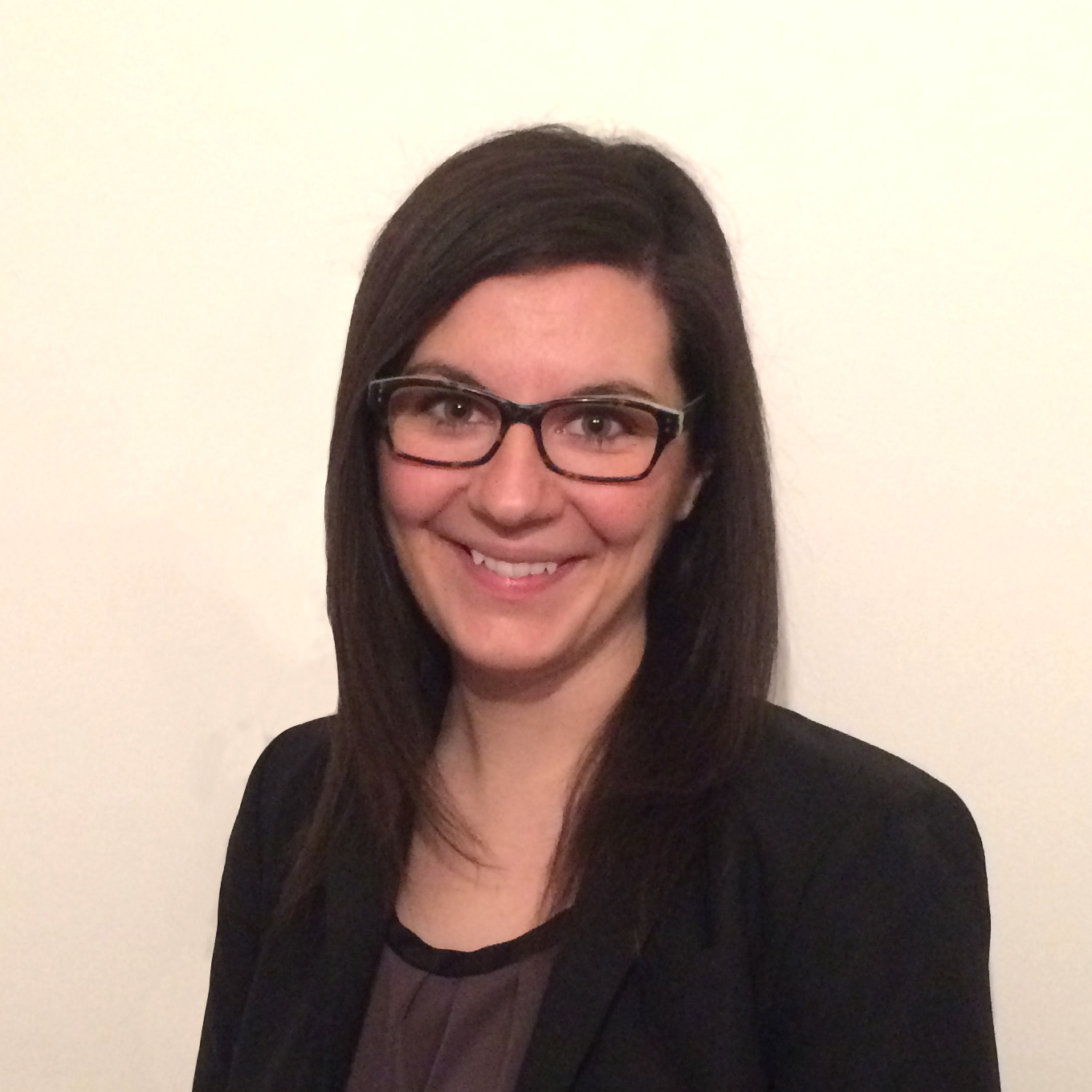
Sophie Guilbault is the Director of Partnerships at the Institute for Catastrophic Loss Reduction (ICLR), a multi-disciplinary disaster prevention research institute affiliated with Western University, Canada. Over the past 10 years, Sophie has developed expertise in municipal adaptation to climate change including the publication of 100 case studies describing communities successfully adapting to extreme weather events. Her role has also allowed her to collaborate with Canadian communities as they rebuild stronger homes and infrastructure following extreme weather events. Sophie was a contributing author to several reports including Canada in a Changing Climate: National Issues Report (Cities and Town chapter). Beyond her responsibilities at ICLR, Sophie was elected as the Vice-President of the Canadian Risks and Hazards Network (CRHNet).
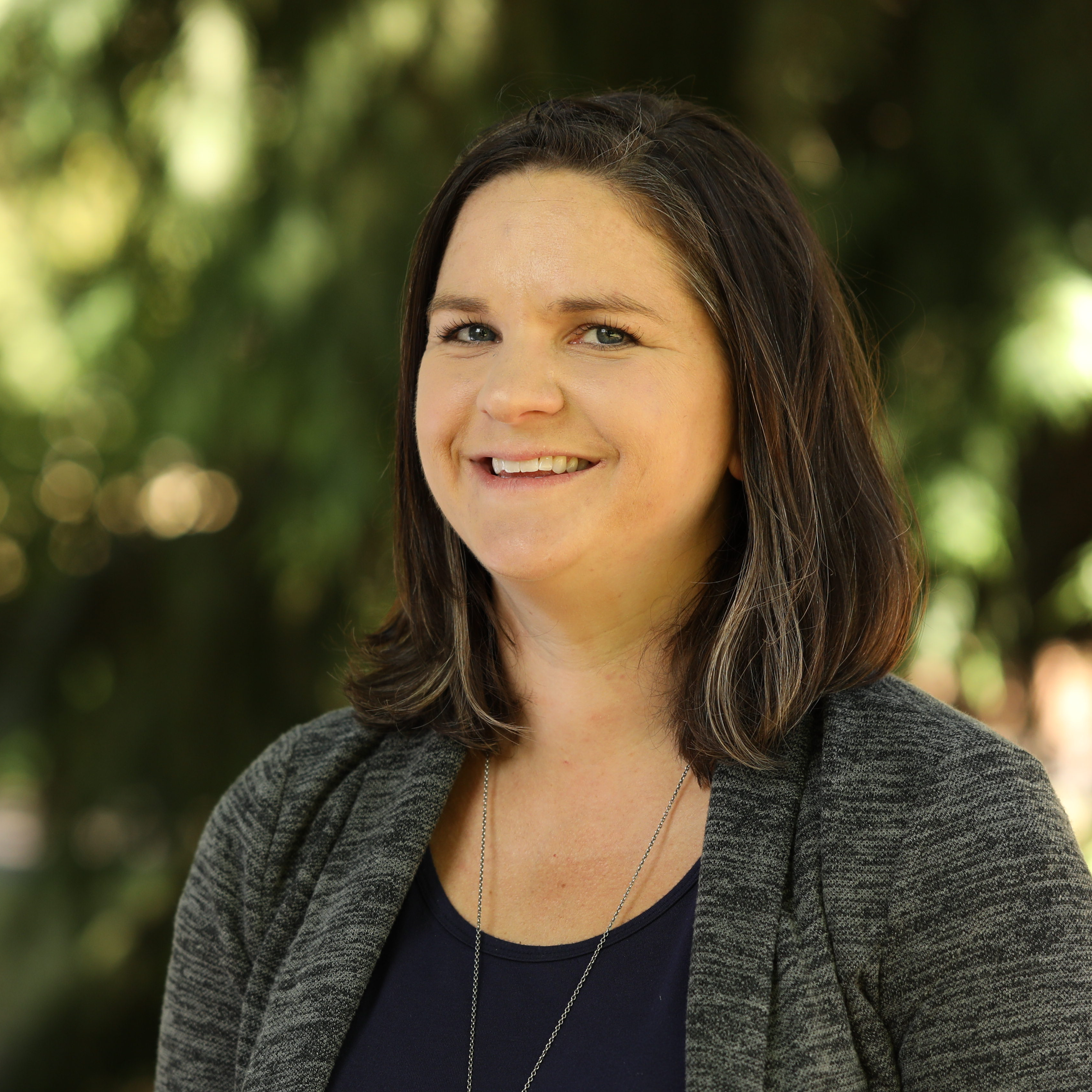
Heidi Huber-Stearns is Associate Research Professor, Director of the Ecosystem Workforce Program (EWP), and Director of the Center for Wildfire Smoke Research and Practice in the Institute for Resilient Organizations, Communities, and Environment at the University of Oregon. The EWP is a bi-institutional program between University of Oregon and the College of Forestry at Oregon State University. EWP conducts applied social science research and extension services at the interface of people and natural resources. Heidi is interdisciplinary social scientist, with expertise in environmental governance and linking science to action through strategic and diverse partnerships. Her work focuses on boundary spanning to address wildfire risks and watershed vulnerabilities in at-risk communities, particularly in the western United States. Heidi is an associate editor for Society and Natural Resources, and part of the Smoke Ready Communities Group, organized by Oregon State University. She also serves on the Northwest Fire Science Consortium Management Team. Heidi also holds an appointment as a Visiting Associate Professor of Practice at the University of Michigan in the School for Environment and Sustainability, focused on the Western Forest and Fire Initiative.
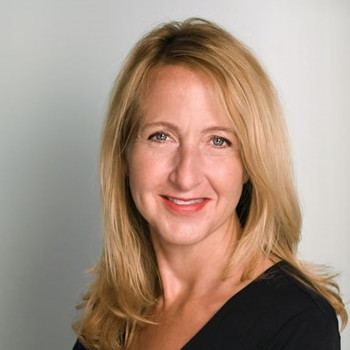
Meghan Millea is a Professor of Economics at East Carolina University and the Education Director of the Coastal Hazards, Equity, Economics, and Resilience Research Hub funded by the National Science Foundation. Her research focuses on how regional and local economies recover from natural hazards. Being in eastern North Carolina, she engages directly with impacted communities to incorporate their knowledge, experiences, and priorities into her research. As the education director of the research hub, she works with scholars coming into the field, including mentoring them through their knowledge and skills development. Her work has been funded by NSF, NOAA, NASA, and the Department of Education to study flooding and hurricanes and to work directly with middle and high school teachers.
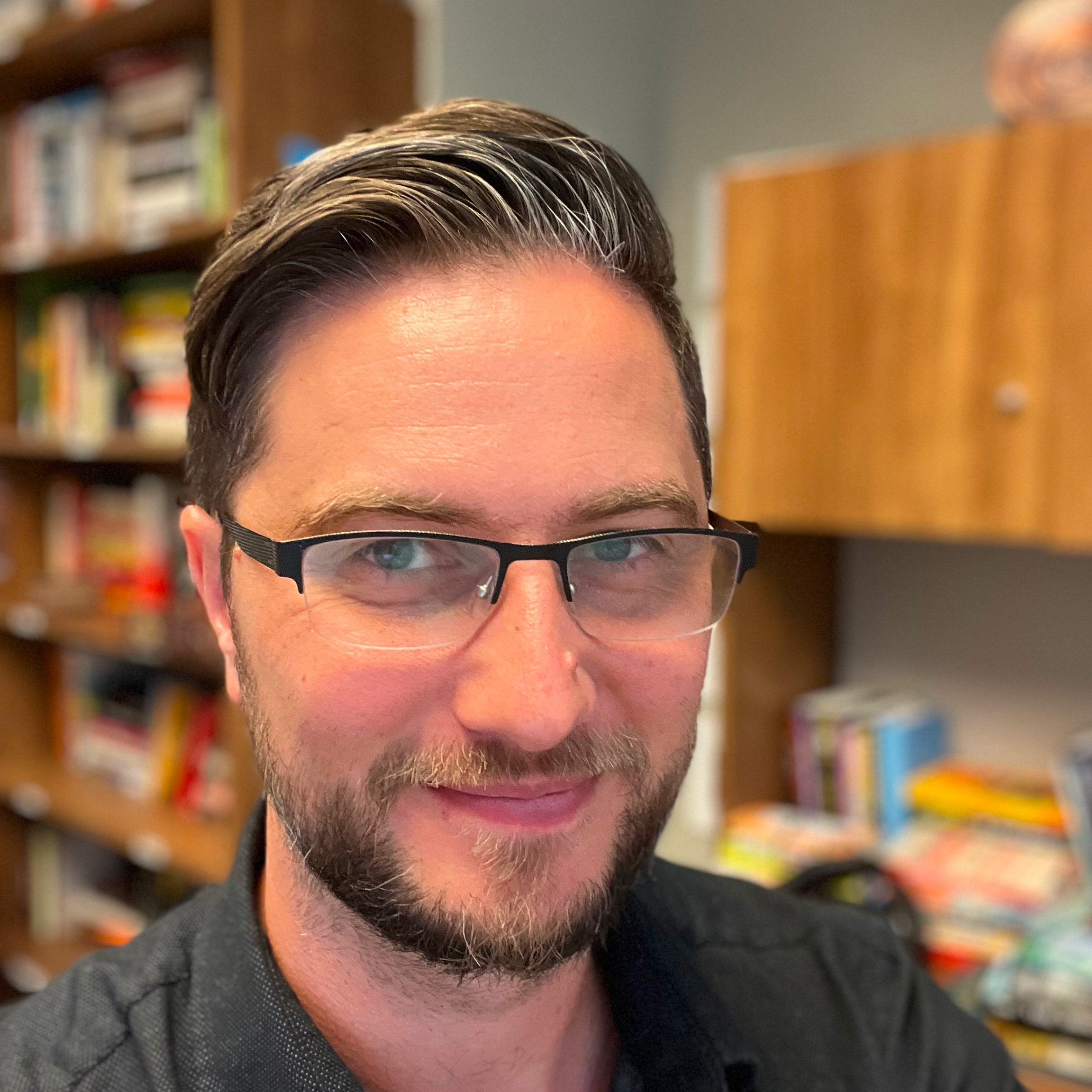
Jason von Meding is an architect turned disaster studies author and educator who centers the experiences, knowledges, and strengths of affected communities in his work. He focuses on how injustice and inequality create uneven and discriminatory disaster risk in society, and how local collaborative work can affect change. He is an associate professor and a founding faculty member of the Florida Institute for Built Environment Resilience (FIBER) at the University of Florida. He has 15 years of experience of leading interdisciplinary research, pedagogy, and practice around the world. He is director of GatorCorps, an AmeriCorps program emerging from the work of FIBER and starting up in 2023. He is also the co-host of the Disasters: Deconstructed Podcast, a public education endeavor since 2019. Outside of work, he enjoys reading, cooking for family/friends, playing soccer in the Gainesville, Florida rec league, being a robotics coach, doing martial arts, speedcubing, and learning the Vietnamese language.
Former Chair of the Board of Directors
Paul Kovacs, Western University (2019-2021)
Former Members of the Board of Directors
David Eisenman, University of California, Los Angeles (2019-2023)
Melanie Gall, Arizona State University (2019-2021)
Karl Kim, University of Hawaii at Manoa (2019-2021)
Paul Kovacs, Western University (2019-2023)
Jamie Kruse, East Carolina University (2019-2021)
Selwyn E. Mahon (2019-2023)
Richard Olson (2019-2023)
John van de Lindt, Colorado State University (2019-2021)
